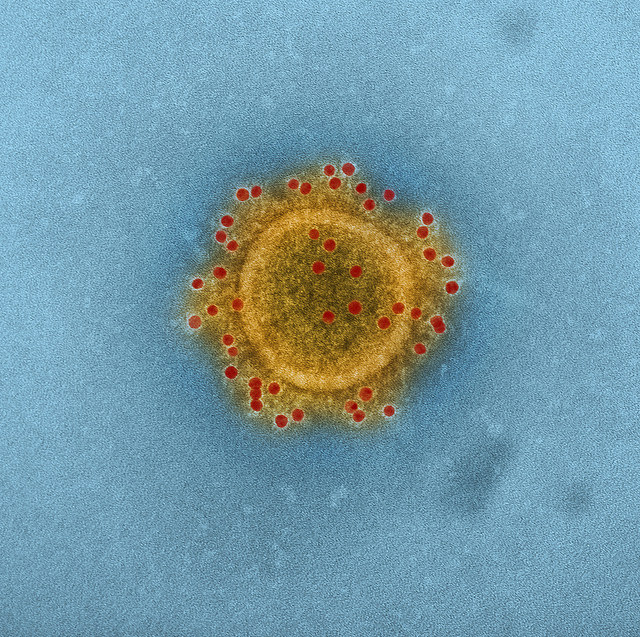Experimental MERS Vaccine Shows Promise in Animal Studies
A two-step regimen of experimental vaccines against Middle East respiratory syndrome (MERS) prompted immune responses in mice and rhesus macaques, report National Institutes of Health scientists who designed the vaccines. Vaccinated mice produced broadly neutralizing antibodies against multiple strains of the MERS coronavirus (MERS-CoV), while vaccinated macaques were protected from severe lung damage when later exposed to MERS-CoV. The findings suggest that the current approach, in which vaccine design is guided by an understanding of structure of viral components and their interactions with host cells, holds promise for developing a similar human MERS vaccine regimen.
This page was last updated on Friday, January 21, 2022
